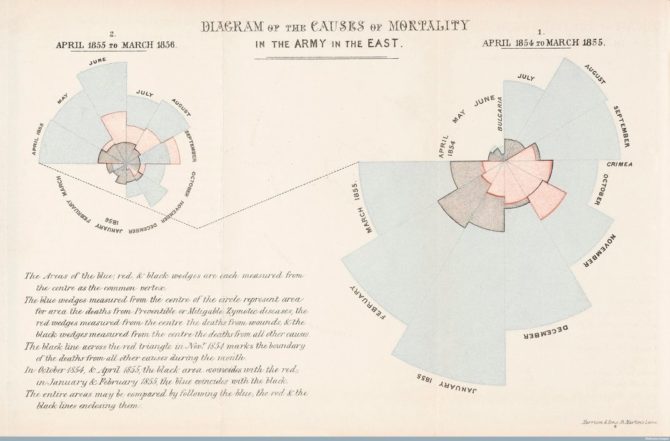The viability of the Media, the role of journalists in the age of artificial intelligence, and the fight against disinformation (fake news).
An exciting moment for journalism

Konstantinos Mourlas, Associate Professor – Faculty of Communication and Media Studies, National Kapodistrian University of Athens (EKPA)
Communication studies have taken on a different character in recent years. Media experts, whether journalists or academics are called upon to follow the progress of technology and adapt to the changes it brings. At the same time, tech giants are involved in the public sphere, undertaking journalistic missions, without having the relevant experience, as they have been created mainly for commercial reasons. The relationship between the Media and technology has naturally evolved into a field of growing interest and processes, sometimes political, as demonstrated by the current debate in the United States over the ban of President Donald Trump from Twitter.
Greece does not have the necessary resources and infrastructure to contribute to the global research on these new issues in a decisive way. This is particularly true of technology; for example, the way in which artificial intelligence is being developed, or the future interaction of augmented reality with social media. However, there is a real opportunity to conduct research, at a relatively low cost, which may lead to important conclusions for the future of the communication industry.
Currently, three important questions are seeking specific answers.
The first question relates to the financial viability of the traditional media. Here the main interest of Media companies is, on the one hand, to offer digital content, which will meet the personal needs of the recipients of this content, and on the other hand to create algorithms, which will be based on journalism ethics and standards and not on the business interests of technology companies.
The second question concerns the future role of journalists. Artificial intelligence tools allow websites to produce news automatically, without human intervention. As the number of journalists losing their jobs internationally increases, the concern grows. The aim is to strike a balance between the opportunities offered by the new technologies, for example to save time, and the enhancing of quality and investigative journalism.
And the third question is related to polarization and the fight against disinformation (fake news). The systematic study of the available material from social media can provide valuable information not only for those groups that are most vulnerable but also for effective ways of reacting. Some studies in the United States, for example, show that the local press in the country has helped reduce the impact of Trump’s election fraud rhetoric.
The digital age and the new reality of the COVID-19 era, are worth stimulating a meaningful conversation in Greece about the future of communication science. The connection of Media with technology and of journalism with innovation is a given but is not developed via research.
* Researcher at the Begin-Sadat Centre for Strategic Studies (BESA) and the Hellenic Foundation for European and Foreign Policy (ELIAMEP), Director of Sino-European Programs at the Centre International de Formation Européenne (CIFE), Tutor of International Relations at Democritus University of Thrace